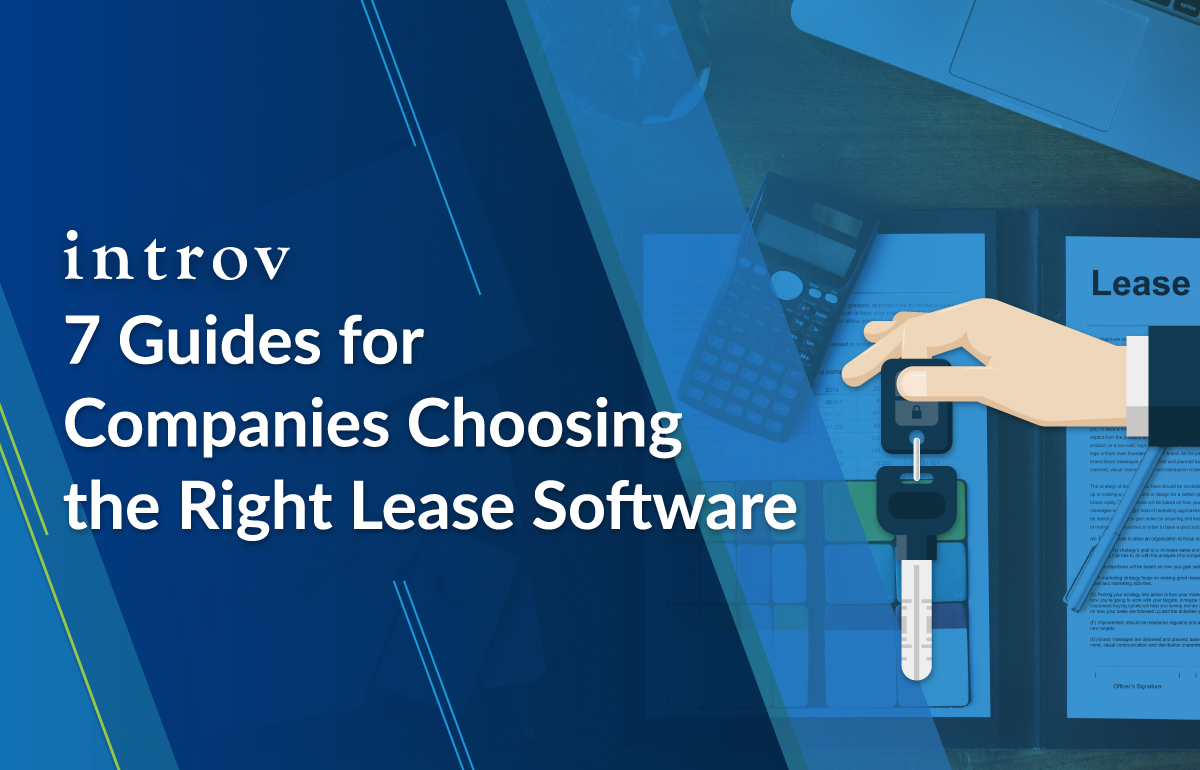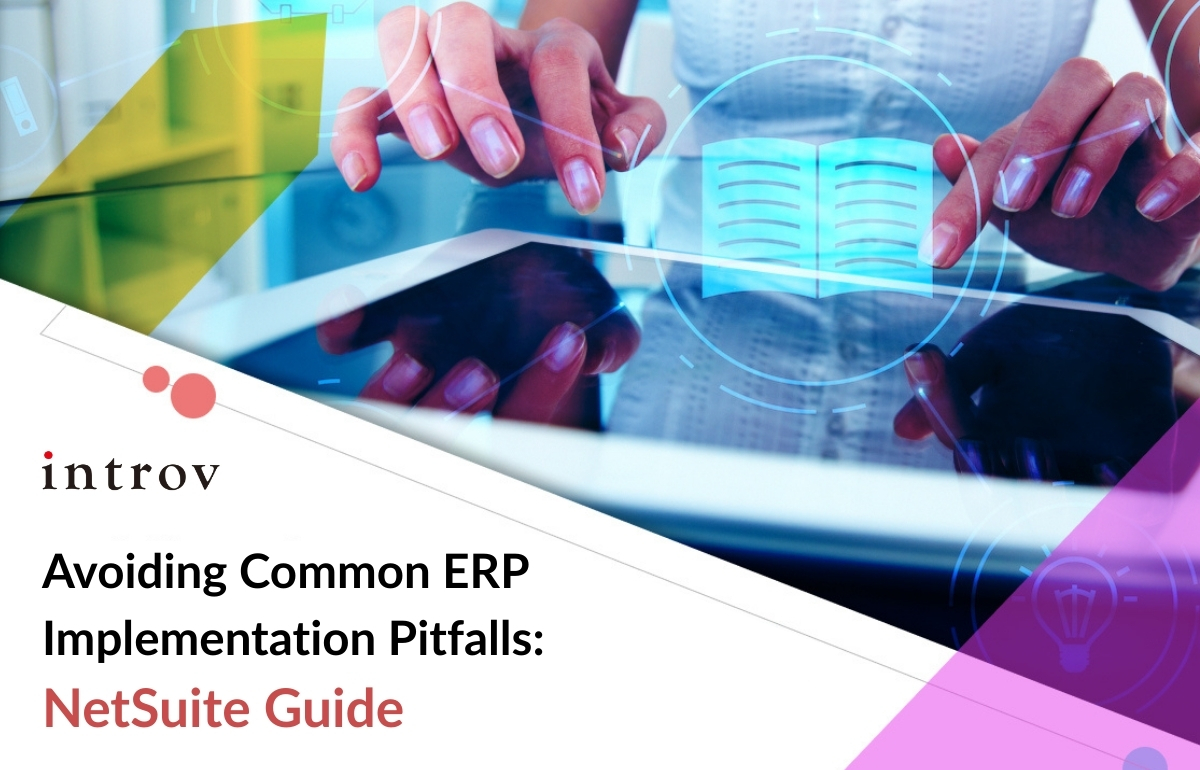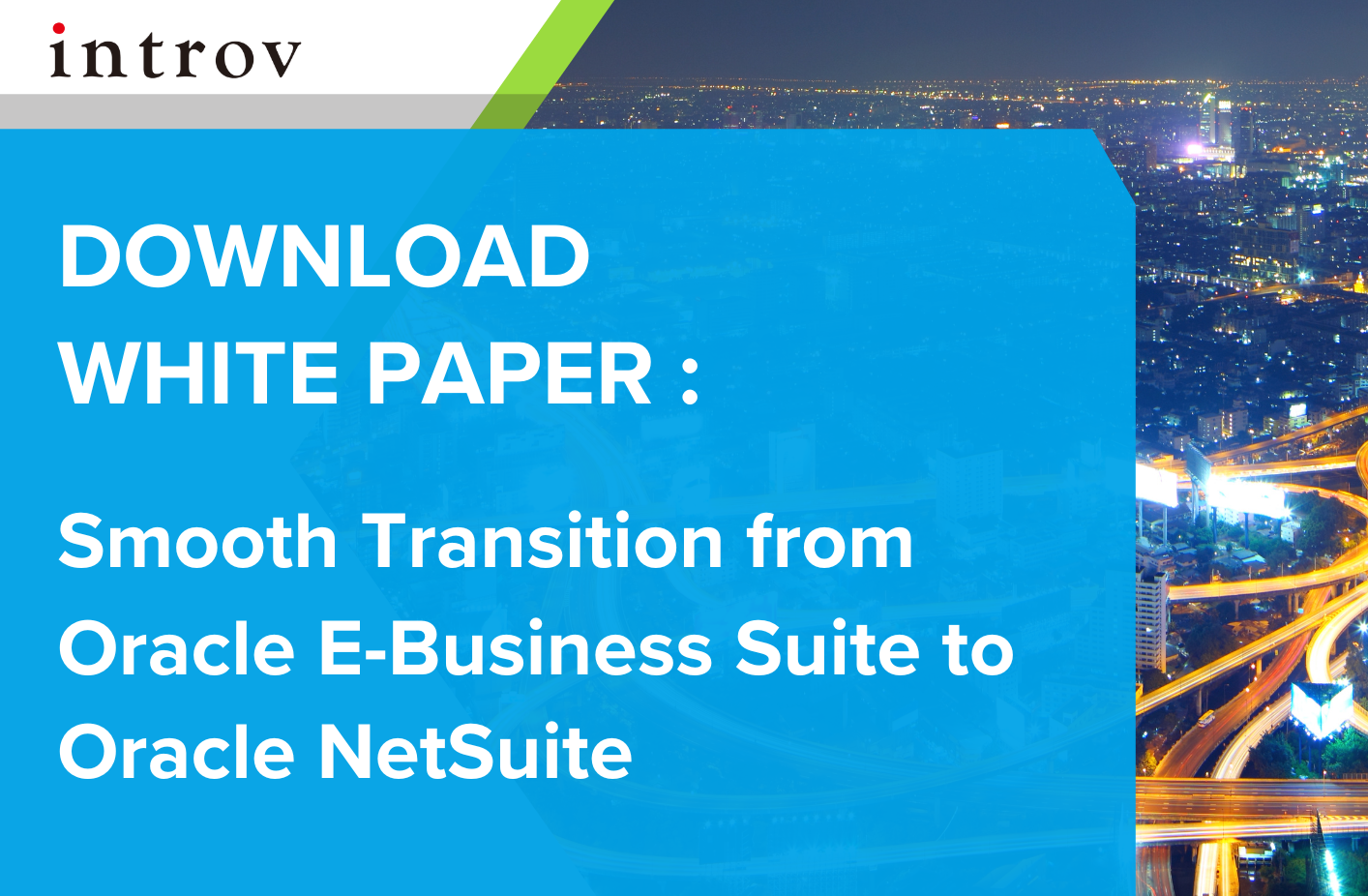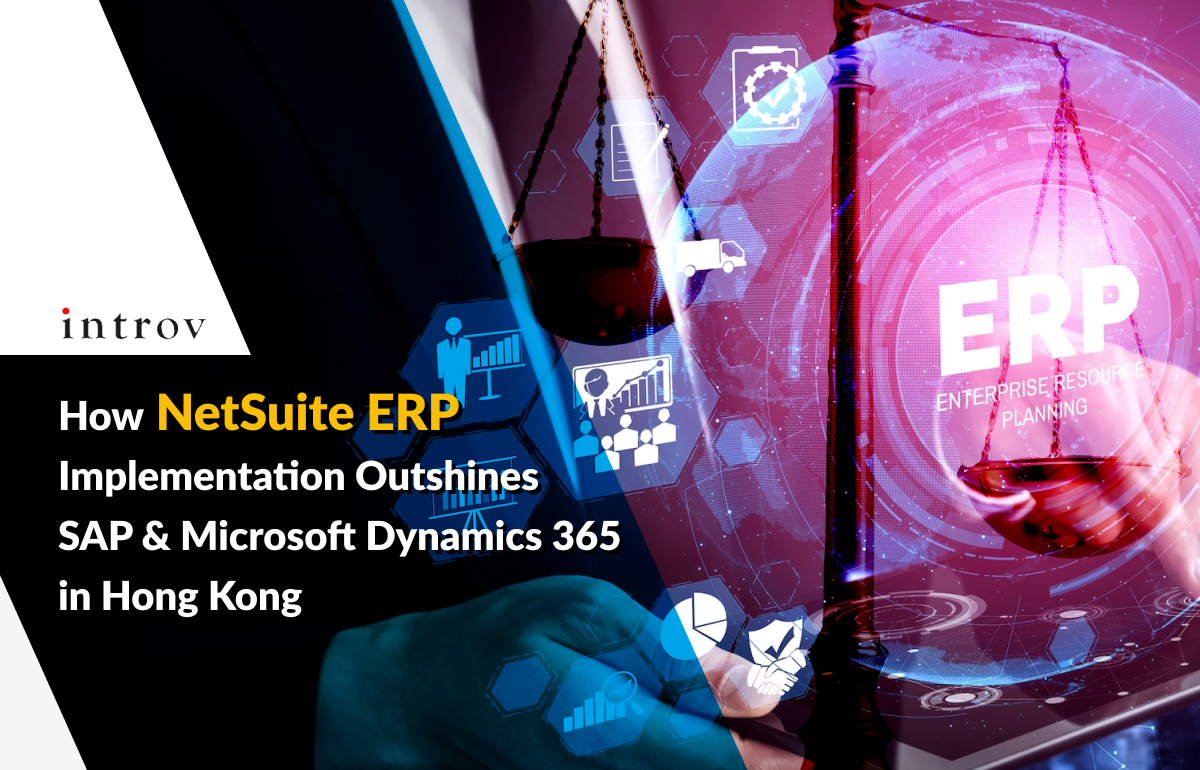
In today’s fast-paced real estate market, selecting the right lease software can make a significant difference in your company’s efficiency and profitability. A well-chosen lease management system serves as the backbone of your property management strategy, centralizing data, streamlining workflows, and providing real-time visibility into your operations. Here are seven essential guides to help you make an informed decision:
1. Identify Your Needs
Before diving into the myriad of options, take a step back to understand your company’s specific needs. Are you focused on tenant management, lease accounting, or property maintenance? List your priorities to ensure the software can meet your requirements. Consider features that are non-negotiable, like lease renewal alerts, tenant communication tools, or financial reporting capabilities. Having a clear understanding of your needs will help you filter out options that don’t align with your business objectives.
2. Scalability and Flexibility
As your business grows, your software should grow with you. Look for a lease management system that offers scalability and flexibility. It should accommodate additional properties, users, and advanced features without requiring a complete overhaul. A scalable solution will allow you to add new functionalities as needed, such as advanced analytics or AI-driven insights, ensuring your software remains relevant as your business evolves.
3. Integration Capabilities
Your lease software should seamlessly integrate with other systems you use, such as accounting, CRM, and property management software. Integration reduces data redundancy and streamlines workflows, saving you time and reducing errors. For example, integrating your lease management software with your accounting system can automate financial reporting, while integration with a CRM can enhance tenant relationship management.
4. User-Friendly Interface
A complicated system can hinder productivity. Opt for software with a user-friendly interface that requires minimal training. An intuitive design can help your team quickly adapt to the new system, ensuring a smoother transition and faster implementation. Look for clean layouts, easy navigation, and comprehensive dashboards that provide a quick overview of critical information.
5. Compliance and Reporting
Ensure the software complies with relevant real estate regulations and standards, such as FASB and IFRS for lease accounting. Additionally, robust reporting capabilities are essential for generating accurate financial statements and operational insights. The software should offer customizable reports and dashboards that allow you to track key performance indicators and compliance metrics easily.
6. Real-Time Updates and Automation
Real-time data updates and automation features can significantly enhance efficiency. Look for software that offers real-time tracking of lease agreements, automated notifications for critical dates, and the ability to generate reports on demand. Automation can handle routine tasks like sending rent reminders, updating lease records, and generating financial summaries, freeing up your team to focus on more strategic activities.
7. Customer Support and Training
Reliable customer support is vital when implementing new software. Choose a provider that offers comprehensive training and ongoing support to address any issues promptly. This ensures your team can fully leverage the software’s capabilities. Look for support options like live chat, phone support, and a well-documented knowledge base. Additionally, consider the availability of training resources such as webinars, tutorials, and on-site training sessions.
Choosing the right lease software is a strategic decision that can streamline your operations and boost your bottom line. By considering these seven guides, you can select a solution that not only meets your current needs but also supports your company’s growth and adaptability in the ever-evolving real estate market. The right lease software will position your company for sustained success in an increasingly competitive landscape.
Learn more about Introv Real Estate Solution













